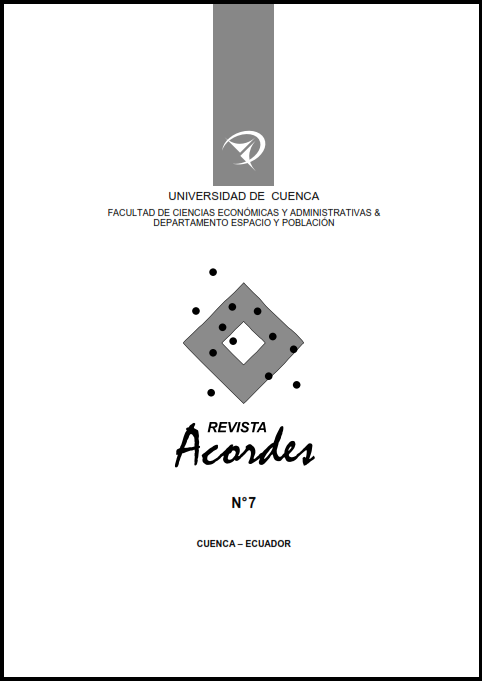CHALLENGES OF DEMOCRACY IN THE DIGITAL AGE
Abstract
In this article an analysis of the role played by the so-called information technology as potential innovative tools for citizen participation and democracy is done. The use of ICT as an opportunity to diversify proposed participation from virtual spaces, this will replace the face forms of participation, overcoming territorial, temporal, socio-economic and even cultural barriers. Necessarily we start with a dilemma in which two opposed approaches: 1). The focus of the Information Society, which promulgates synonymously technological development of social progress, equal opportunities in access to information, efficiency and productivity; and 2). The focus of the digital divide constitutes a critique of capitalism and consequently to the social, resulting unequal variances in levels of social existing in today’s world, expressed in access to ICT and economic development. Finally, some methodological questions arise with respect to the use of information and communications technology aiming to promote the construction of a citizenry that actively participate, without thereby affecting the quality of existing participatory processes; but on the contrary, exercise and diversifies substantially to the quality of the practices related to democracy.
Keywords: Digital Democracy, citizen participation, information and communications technology, digital divide, information society.
Downloads
Downloads
Published
How to Cite
Issue
Section
License

This work is licensed under a Creative Commons Attribution-NonCommercial-ShareAlike 4.0 International License.
The Journal declines any responsibility for possible conflicts derived from the authorship of the works published in it.
The originals of the journal Acordes, published in electronic version, are property of the Faculty of Economics and Administrative Sciences of the University of Cuenca, being necessary to cite the source in any partial or total reproduction.
Unless otherwise indicated, all contents of the electronic edition are distributed under a Creative Commons Attribution-NonCommercial-ShareAlike 4.0 International License.





